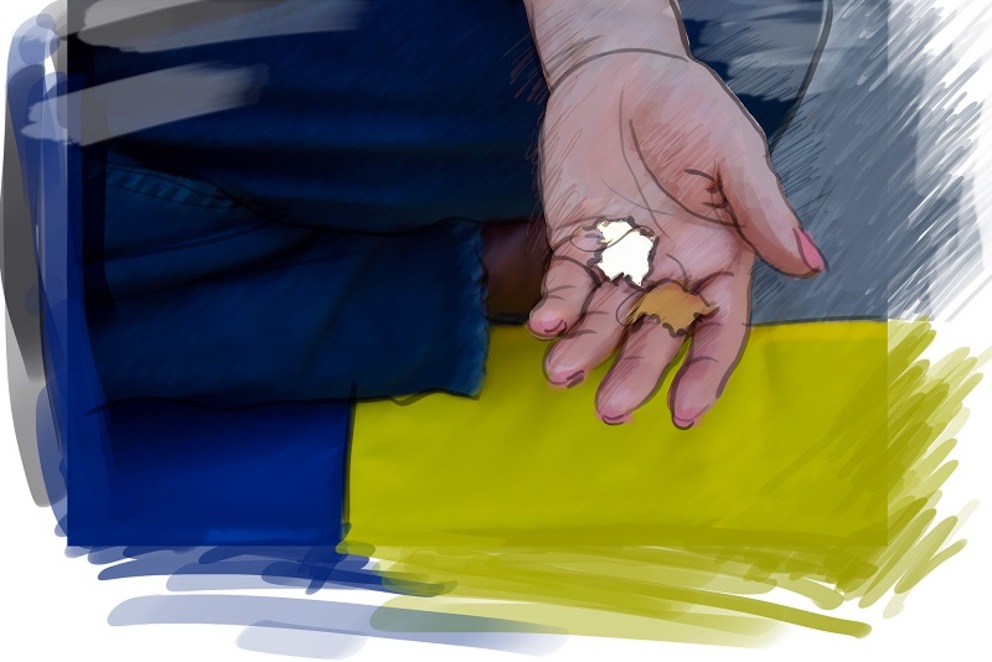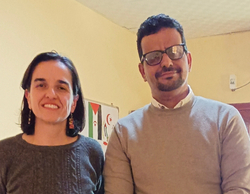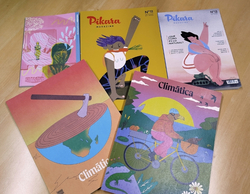
In Donostia-San Sebastián, international experts reflect on the truth as an inalienable ethical principle for victim reparation, for social harmony and for preventing a repeat of past events
On September 7th and 8th, Donostia-San Sebastián hosted the summer course titled “The Right to the Truth as a Tool for Building Peace. International Dialogue Drawing on the Columbian Experience”. The course brought together a hundred individuals including international experts on transitional justice, institutional representatives, members of social movements and students, all to reflect on the role of truth commissions as temporary extrajudicial mechanisms for unearthing the facts concerning serious human rights violations.
Delegates were welcomed by José Antonio Rodríguez Ranz, Deputy Minister for Human Rights in the Basque Government, as well as Irantzu Mendia, Director of the Hegoa Institute, and Carlos Martín Beristain, Course Director and Coordinator of the Final Report of the Colombian Truth Commission (CEV). The Deputy Minister affirmed the Basque Country's solidarity with Colombia and the shared goal of peace: “No two peace processes are the same, but each can learn from the other”.
In that spirit, the first panel provided a global overview of the role of truth commissions. Contributions came from Eduardo González Cueva of the Programme to Find the Truth – Think Peace, and John Paul Lederach from the Kroc Institute of Notre Dame University. As Lederach stated, given that “the main outcome of the system of violence is the rendering invisible of people and communities, as well as actions repeated over time”, when it comes to victims in particularly adverse situations accessing justice “the truth empowers a group, gives it back its voice and enables it to enter the public sphere, and puts things on the political agenda that weren’t there before, such as reparation and institutional transformation”, according to González Cueva.
Three of the panel sessions analysed the experience of the Colombian Truth Commission and its contributions to achieving social harmony and preventing a repeat of past events. The experts examined the characteristics, development, implementation on the ground and legacy of the commission, which completed its mandate last August 27th, in addition to the impacts of exile as a violation of human rights and the incorporation of the gender perspective into the process. The CEV was represented on the panels by commissioners Francisco de Roux, Carlos Martín Beristain, Alejandra Miller, Marta Ruiz Naranjo and Lucía González Duque. Francisco de Roux, CEV President, stressed the important role that listening to people’s pain has in finding the truth: “our suffering forms part of our identity”. He also shared some of the transformations necessary to achieve what the commission has called “the Great Peace” in the country: “We need a new ethical dimension based on human dignity” and to apply the recommendations of the Final Report of the CEV, including “to bring about profound transformation in the country's security system. Ours is the largest and most expensive security system on the continent, after the USA, yet we still have some 10 million victims”. There is a desire to move past a militarised security approach to a human approach.

The course was an opportunity for dialogue around various experiences of building peace. Elizabeth Lira Kornfeld from Alberto Hurtado University (Chile) provided a psychosocial take on the role of the truth in processes of memory, justice and reparation in the Southern Cone: “The victims need to hear someone in a position of authority recognise and say that this happened. That is why public truth is so important. When social peace is reliant upon legal obscurity, it breeds the view that speaking about these things is disruptive and a threat to the common good. For the victims, forgetting is impossible and memory is inevitable”.
Pablo de Greiff from the Centre for Human Rights and Global Justice at New York University compared the Colombian and Spanish cases. Jon Mirena Landa from the UNESCO Chair on Human Rights and Public Powers (University of the Basque Country) represented the Basque experience, discussing progress and limitations on unearthing the truth in the region. Landa stressed that criminal and extrajudicial routes are not incompatible but rather complementary in terms of establishing the truth as part of the peace process.
The course came to a close with a conversation between the CEV commissioners, who shared their personal experiences of the process and their views on the future. As stated by commissioner Lucía González Duque, “the truth is a necessary public resource for building trust and democracy”. Unearthing the truth is a process of moving beyond a traumatic past towards a hopeful future – a transition taking place in Colombia. In the words of commissioner Marta Ruiz Naranjo: “The report came at a time that offers an immense opportunity for change, for transformation. We are messengers of what drives the country in that respect”.
Related news




